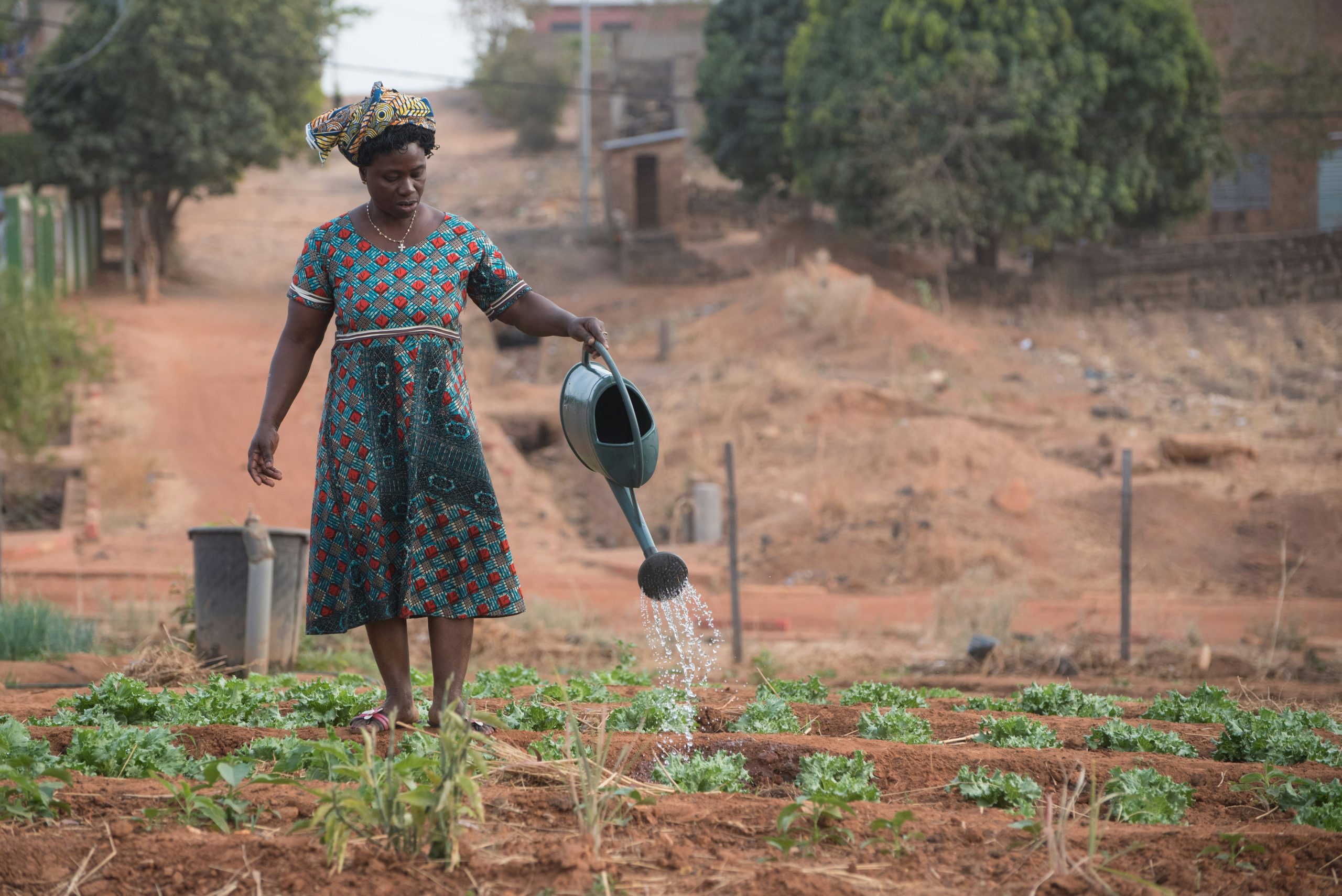Why Dutch Companies Should Look to Benin: Interview with Dutch Ambassador to Benin
In a world where frontier markets are often met with caution, Benin quietly makes a case for bold, forward-looking investment.

Dutch Ambassador to Benin, H.E. Mr. Joris W.P. Jurriëns, doesn’t mince words: “Benin is a stable, accessible country – a high potential market with a lot of opportunities in agriculture, water, and infrastructure, ready to welcome innovative solutions.”
With economic growth hovering between 6% and 7%, low inflation, and positive credit ratings, Benin stands out in a region often challenged by volatility. “It’s a dynamic country with strategic vision,” the Ambassador notes, “which helps to attract investments and generate growth.” In short: things are moving and fast.
Benin’s economic appeal isn’t just rooted in stability, it’s geographic. As a coastal country with a major port in Cotonou, Benin serves as a critical logistics and trade hub in West Africa. Its proximity to Nigeria, the region’s largest economy and most populous market, enhances its value as a stepping stone for companies looking to expand across borders. Add in developing infrastructure corridors and improving customs systems, and Benin begins to look less like a standalone opportunity and more like a strategic base.
But why now?
For one, agriculture makes up roughly 30% of Benin’s GDP and employs the majority of its workforce. And yet, the sector remains largely under-mechanised, offering clear space for innovation and Dutch expertise. From horticulture and poultry to cotton and cashew, Benin’s ambitions are scaling up supported by the development of industrial zones, such as the cashew and textile hubs near Cotonou. The demand for value addition and agri-logistics is growing, and Dutch companies are well-positioned to help shape the future of this transformation.
On the water front, both literally and strategically, the Netherlands has long held a strong footprint. From drinking water systems to dredging, water management, and port development, there are robust opportunities for Dutch technology and know-how. The Ambassador highlights a pressing need for sustainable water management of Lake Nokoué near Cotonou, as well as investment in port development. “Investments in the water sector are not only supported through development cooperation but increasingly through economic cooperation by Invest International and private sector partnerships. Activities financed by Invest International also lead to new investment opportunities for example in coastal protection and port infrastructure”
Benin’s government, for its part, is eager to move beyond aid. “What we really want is trade and investment,” officials have told the Dutch embassy. With a stable macroeconomic framework, an attractive investment code, and the development of special economic zones, the policy groundwork is being laid to welcome private sector engagement, especially in partnerships that promote job creation and climate resilience. It should be noted that public-private partnerships are emerging, particularly in horticulture, poultry, and port logistics, where Dutch expertise is valued.

Of course, no market is without its challenges. “Doing business in Africa is not the same as in Europe,” the Ambassador notes candidly. “You need local knowledge, a good partner on the ground, patience, and preferably some French.” But the support infrastructure is there – the embassy team, trade facilitation agencies, and strong ties with both public and private players – to help smooth the entry.
For instance, Dutch companies are also supported through partnerships with Benin’s Investment and Export Promotion Agency (APIEx) and the digital services, which streamline market entry and foster business connections. APIEx acts as a one-stop shop for investors, offering guidance on administrative procedures, permits, and incentives while facilitating connections with local partners and authorities.
Furthermore, the Dutch embassy in Benin plays a pivotal role in supporting Dutch companies, offering valuable insights and facilitating key connections that help open doors in the local market. “We are here to solve problems,” the Ambassador explains. “We offer visibility, connections, and practical support to Dutch businesses looking to establish a foothold.”
The upcoming Sustainable Agriculture and Water Trade Mission to Benin (9–11 September) offers the ideal entry point. During the trade mission, Dutch companies will have the opportunity to engage with key stakeholders across Benin’s sustainable agriculture, horticulture, poultry, and water sectors. Participants will attend high-level panels and keynote sessions featuring public and private sector experts, followed by in-depth field visits to leading agricultural companies and infrastructure sites, such as AgriCorp, Centre Songhai, and the GDIZ industrial zone. The programme also offers valuable networking opportunities through B2B matchmaking sessions and informal gatherings, enabling Dutch businesses to explore partnerships, gain practical insights, and connect directly with local actors driving innovation and growth in Benin’s agri-value chains.
With tailor-made programming, field visits to high-potential areas, and access to senior decision-makers, it’s more than just a networking trip, it’s a curated deep dive into a market on the rise. “This trade mission is a unique opportunity to discover a fast-growing market, establish strategic contacts, and assess local needs in a concrete manner,” says the Ambassador. “It’s time to show what the Netherlands can offer.”


